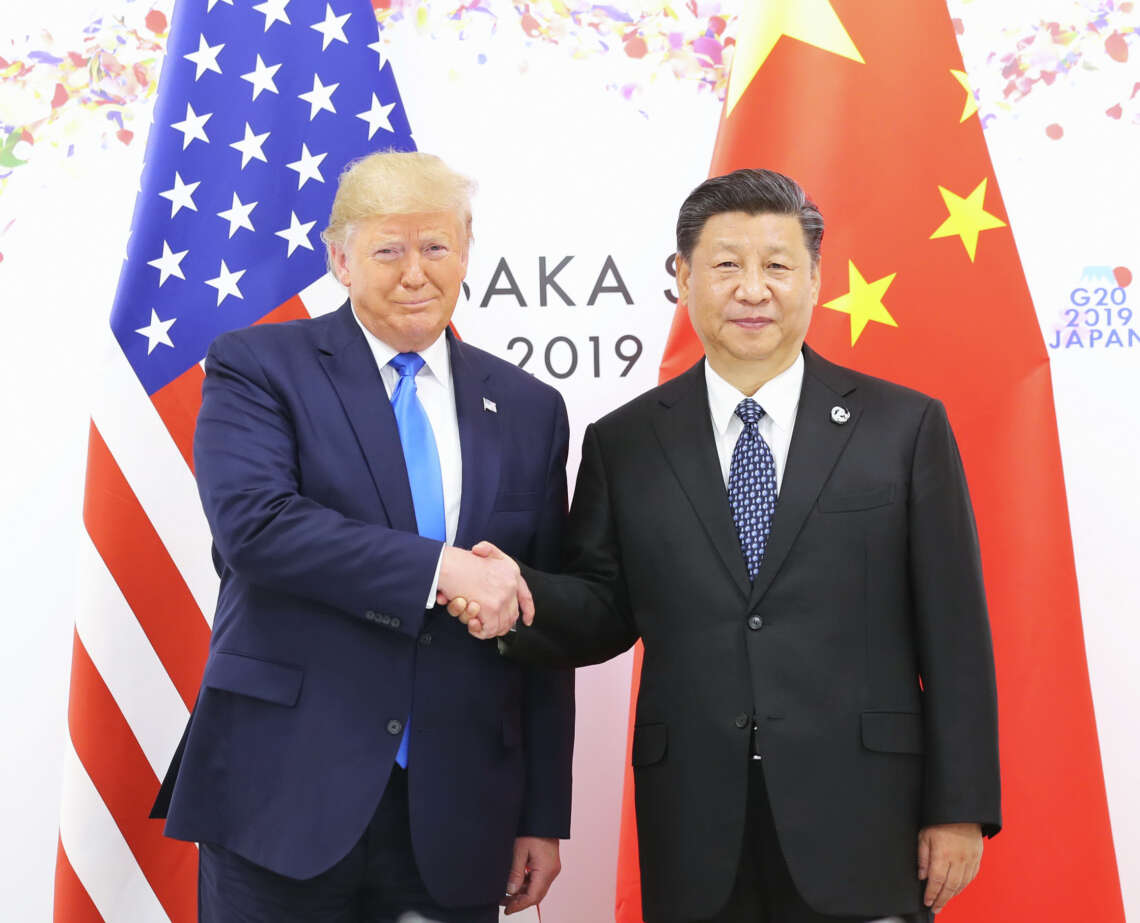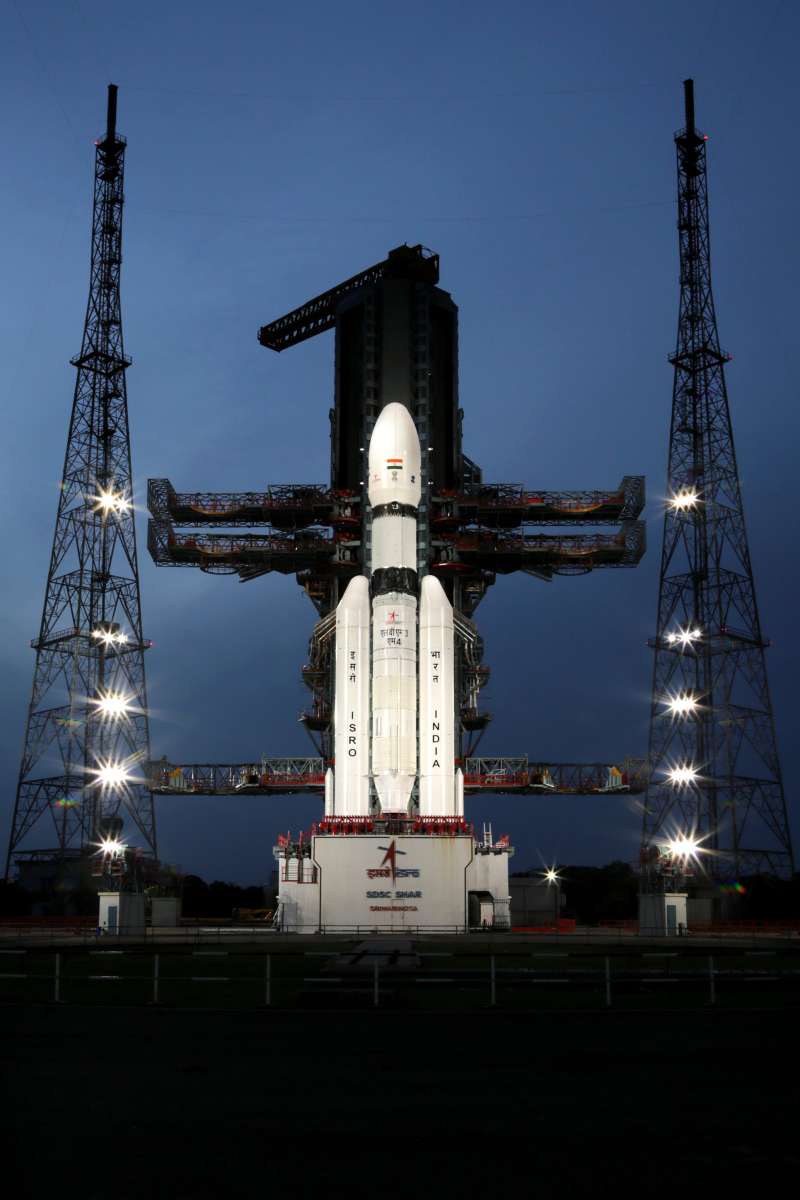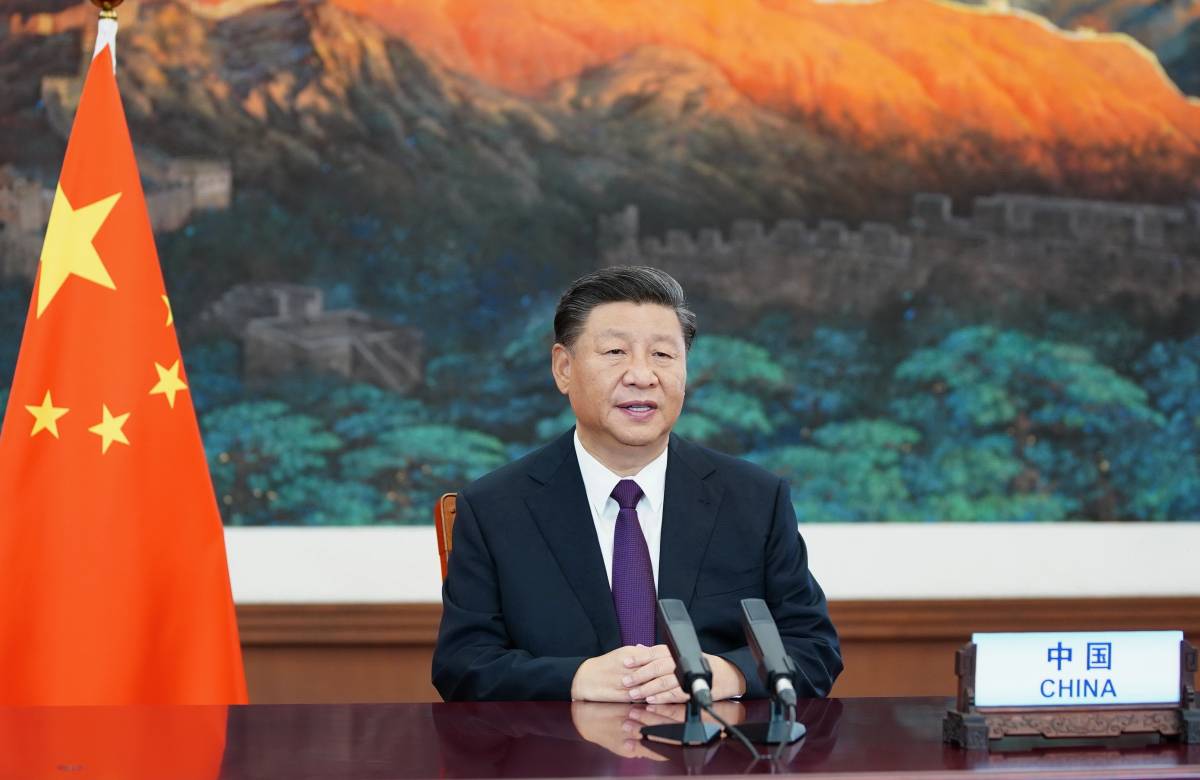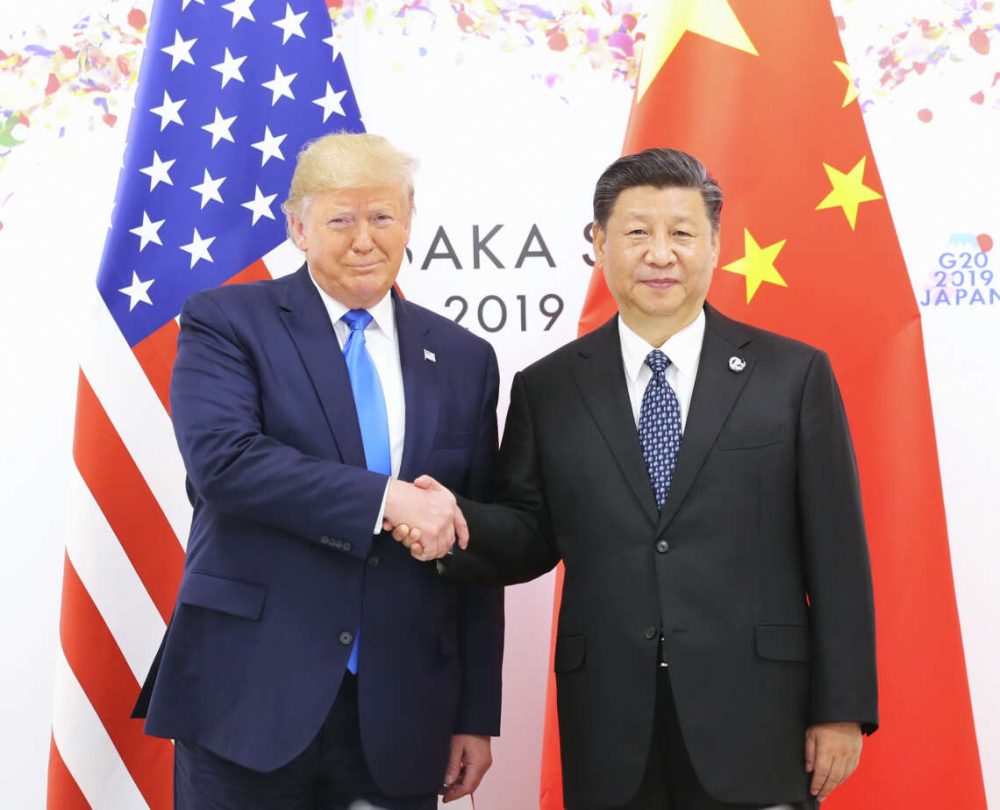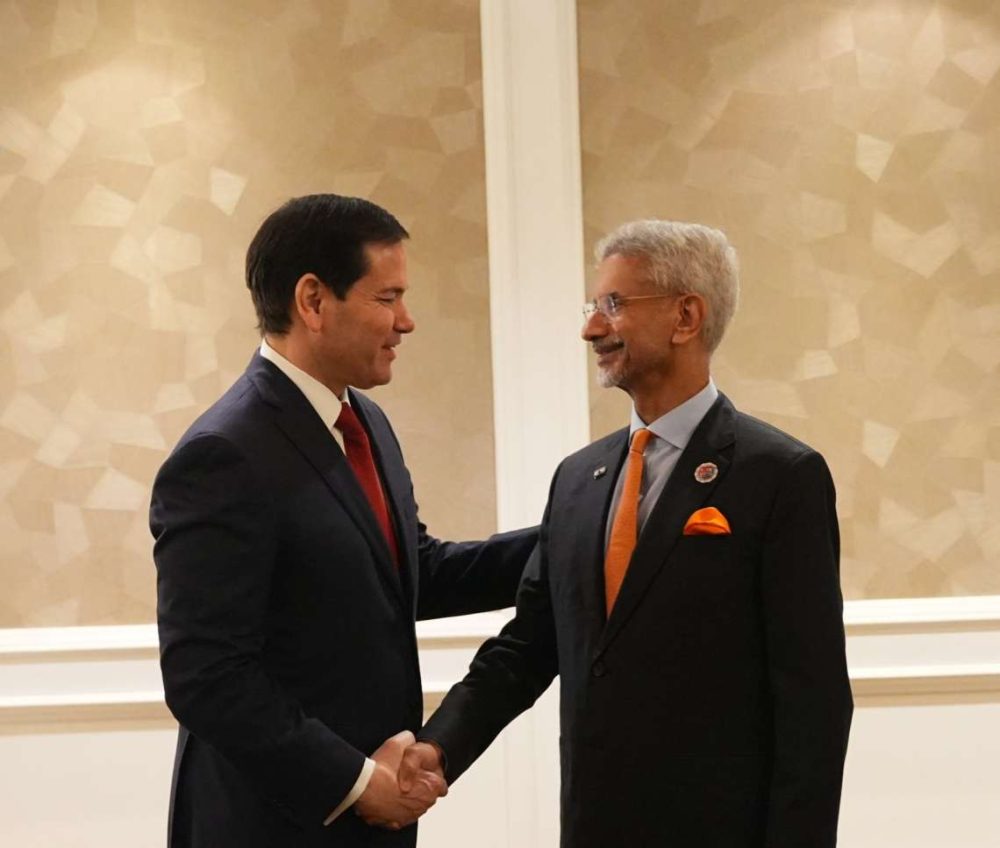Last year, China began requiring Tibetans working in official government positions to renounce all ties to the Dalai Lama as a condition of employment….reports Asian Lite News
Chinese authorities are forcing monasteries and monks in Tibet to denounce all ties with the Tibetan spiritual leader Dalai Lama, reported Radio Free Asia.
On July 6, the Dalai lama recently celebrated his birthday and expressed the hope to return to his homeland. But China, who sees Dalai Lama as a “separatist” for splitting Tibet, sought to control Tibetan Buddhism. The Dalai Lama, who now lives in exile in India, says only that he seeks greater autonomy for Tibet as a part of China, with guaranteed protections for Tibet’s language, culture and religion.
Last year, China began requiring Tibetans working in official government positions to renounce all ties to the Dalai Lama as a condition of employment. Authorities appear to be including monasteries under this rule.
As per the RFA, at the beginning of this month, Chinese authorities conducted searches of monasteries in Shentsa (in Chinese, Shenzha) and Sok (Suo) counties on the premise of maintaining security, a Tibetan living in exile, who requested anonymity for security reasons.
“The authorities search all the residences of the monks and the main shrines in the monasteries,” the exile said. “The monks of Shartsa Monastery are also forced into renouncing ties with His Holiness the Dalai Lama and be a part of anti-Dalai Lama groups.’
China’s crackdown on Tibetan culture is very evident in the region. Recently, the Chinese TV show called, “Where the Snow Lotus Blooms” promotes a false “old Tibetan spirit” and ignores authentic Tibetan culture, according to Bitter Winter.
Bitter Winter is a magazine on religious liberty and human rights around the world, with a special focus on China.
According to Bitter Winter, the series tells the usual lies. Tibetans are depicted as unhappy and backward until the Chinese “liberators” arrived.
The soldiers, the CCP Han Chinese cadres, and students who “voluntarily” came to Tibet after the invasion were selfless heroes whose main purpose was to “revive the old Tibetan spirit.
“The series’ key concept is the “old Tibetan spirit” but it has nothing to do with Buddhism, monasteries, and traditional Tibetan culture. By searching inside themselves, the Tibetans of the series discover this spirit, whose actual content is that they are –Chinese. (ANI)



